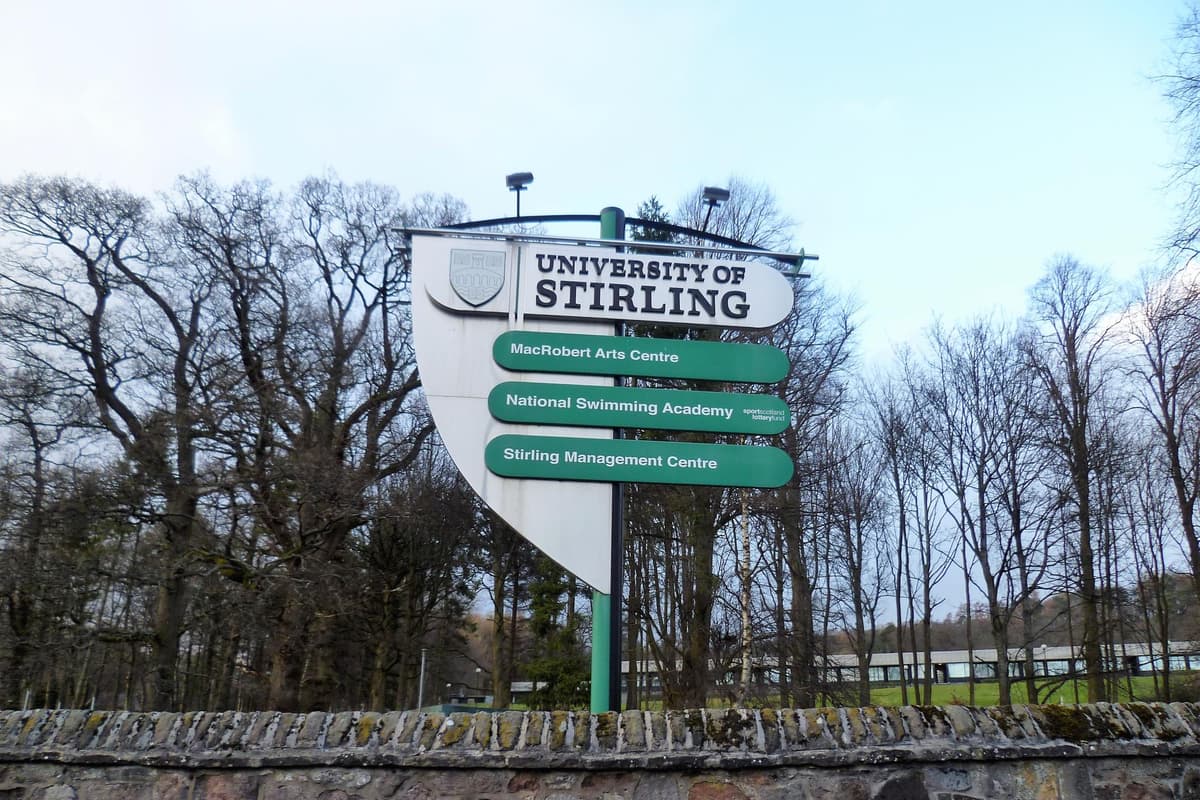Scottish universities could struggle to attract global talent in positions such as scientific research, Universities Scotland has warned, due to the UK Government’s new plans to increase the skilled worker salary threshold to £38,700.
Around 62 per cent of post-doctoral positions at British universities are held by non-UK nationals, according to the Royal Society. However, a large number of post-doc roles are paid at just below the threshold set to be introduced by the UK Government.
Other roles which could be impacted by the increase, the body warned, include jobs in disciplines including civil and mechanical engineers and IT specialists.
Under sweeping measures to reduce immigration, home secretary James Cleverly on Monday unveiled plans to hike the skilled worker earnings threshold by a third to £38,700, in line with the median full-time wage. Anyone earning less than this figure would not be granted a visa to work in the UK, regardless of the job.
Alastair Sim, director of Universities Scotland, welcomed the Government’s commitment to the “graduate route”, which allows international students who have been awarded their degree to stay in the UK and work, or look for work, at any skill level for two years, or three years for doctoral students. But he warned certain roles at universities could be difficult to fill if visas were not available for workers from overseas.
“Universities will be concerned at the potential impact of changes to skilled salary thresholds and the shortage occupation list,” he said. “This could impact universities’ ability to attract global talent, in disciplines ranging from civil and mechanical engineers to lab technicians and IT specialists.”
Mr Sim added: “Additionally, Universities in Scotland rely on fees from international students to subsidise the learning and teaching for students attending university. This income is also used to support the costs of research and innovation that takes place at Scottish universities.


